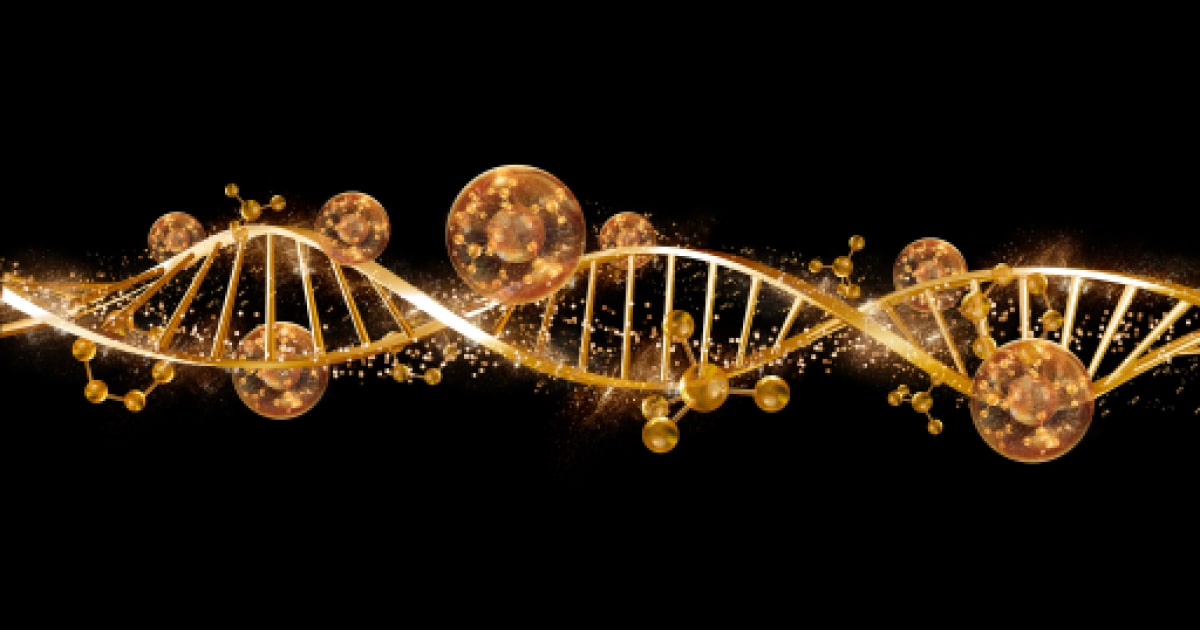
Expert Reviewed By: Dr. Brandon Colby MD
Understanding Sex Hormone-Binding Globulin Deficiency
Sex Hormone-Binding Globulin (SHBG) Deficiency is a rare genetic disorder characterized by abnormally low levels of SHBG in the blood. SHBG is a protein responsible for binding and transporting sex hormones, such as testosterone and estrogen, in the bloodstream. It plays a crucial role in regulating the bioavailability of these hormones and maintaining hormonal balance in the body. A deficiency in SHBG can lead to various health complications, including hormonal imbalances, impaired sexual maturation, and metabolic disorders like non-alcoholic fatty liver disease.
Diagnosing Sex Hormone-Binding Globulin Deficiency
Diagnosing SHBG deficiency requires a combination of clinical observations, laboratory tests, and genetic testing. Clinical presentations may vary depending on the severity of the deficiency and its impact on the individual's hormonal balance. Laboratory tests typically involve measuring the levels of SHBG, testosterone, and estrogen in the blood. Abnormally low SHBG levels, along with altered sex hormone concentrations, can indicate a potential deficiency.
However, to confirm the diagnosis, genetic testing is necessary. Genetic testing involves analyzing the individual's DNA to identify any mutations in the SHBG gene that may be responsible for the deficiency. Several studies have reported cases of SHBG deficiency caused by different types of genetic mutations, such as missense mutations and homozygous mutations3.
Genetic Testing for Sex Hormone-Binding Globulin Deficiency
Identifying the Underlying Genetic Mutation
Genetic testing plays a crucial role in diagnosing SHBG deficiency by identifying the specific genetic mutation responsible for the disorder. This information can help healthcare professionals develop a better understanding of the individual's condition and tailor appropriate treatment strategies. In some cases, genetic testing can also reveal carrier status in unaffected family members, providing valuable information for family planning and risk assessment3.
Monitoring Disease Progression and Treatment Response
Genetic testing can also be useful in monitoring the progression of SHBG deficiency and evaluating the effectiveness of treatment interventions. By tracking changes in the individual's genetic profile and hormone levels over time, healthcare professionals can gain insights into the disease's trajectory and make necessary adjustments to the treatment plan. This personalized approach can help optimize patient outcomes and minimize potential complications4.
Advancing Research and Therapeutic Development
Genetic testing contributes to the ongoing research efforts to better understand SHBG deficiency and develop new therapeutic strategies. By identifying novel genetic mutations and studying their impact on SHBG function, researchers can gain insights into the molecular mechanisms underlying the disorder. This knowledge can pave the way for the development of targeted therapies and improve the overall management of SHBG deficiency2.
Conclusion
Sex Hormone-Binding Globulin Deficiency is a rare and complex genetic disorder that can have significant implications on an individual's hormonal balance and overall health. Accurate diagnosis, which relies heavily on genetic testing, is crucial for developing personalized treatment strategies and improving patient outcomes. As research continues to unravel the mysteries of SHBG deficiency, genetic testing will remain an indispensable tool in advancing our understanding of the disorder and shaping the future of its management.
About The Expert Reviewer
Dr. Brandon Colby MD is a US physician specializing in the personalized prevention of disease through the use of genomic technologies. He’s an expert in genetic testing, genetic analysis, and precision medicine. Dr. Colby is also the Founder of and the author of Outsmart Your Genes.
Dr. Colby holds an MD from the Mount Sinai School of Medicine, an MBA from Stanford University’s Graduate School of Business, and a degree in Genetics with Honors from the University of Michigan. He is an Affiliate Specialist of the American College of Medical Genetics and Genomics (ACMG), an Associate of the American College of Preventive Medicine (ACPM), and a member of the National Society of Genetic Counselors (NSGC)